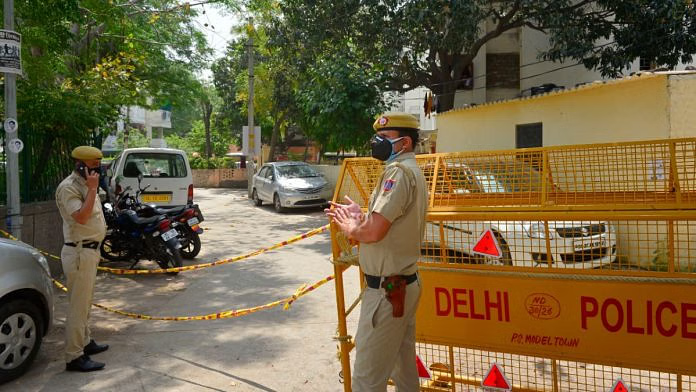Now Reading: Odisha Govt Asks All Departments to Display POSH Act Boards to Raise Workplace Awareness
-
01
Odisha Govt Asks All Departments to Display POSH Act Boards to Raise Workplace Awareness
Odisha Govt Asks All Departments to Display POSH Act Boards to Raise Workplace Awareness

In a move aimed at reinforcing safe workplace practices, the Odisha government has directed all state departments and offices to prominently display information boards about the POSH Act—Prevention of Sexual Harassment of Women at Workplace. The decision is part of a broader effort to ensure employees are aware of their rights and the procedures to report harassment.
Why This Matters
The POSH Act, passed in 2013, lays down a clear legal framework to prevent and address sexual harassment at workplaces. However, many employees, especially in public offices and smaller towns, remain unaware of what the law covers or how to access support.
By mandating boards with key details—such as complaint mechanisms, internal committee contacts, and employee rights—the government hopes to increase visibility and accountability.
Focus on Visibility and Compliance
Departments have been asked to ensure the boards are placed in easily accessible and visible areas—reception zones, notice boards, and common spaces. The idea is to make the information unmissable, not buried in paperwork.
Officials have also been instructed to regularly update and maintain the boards to reflect the latest guidelines and internal committee members.
Impact on Tier 2 and Smaller City Workplaces
For cities beyond the metros—like Bhubaneswar, Sambalpur, and Rourkela—this move is particularly relevant. Many women working in government offices, hospitals, and educational institutions in these regions often hesitate to speak up, either due to lack of information or fear of backlash.
By making the law visible and accessible, the initiative aims to empower more women to come forward and report issues without fear.
Next Steps and Accountability
The directive includes a follow-up mechanism. Departments will need to report their compliance status, and surprise inspections may be conducted to ensure boards are actually installed and updated.
This step also encourages a shift in workplace culture—from reactive to preventive. When rights are openly displayed, it signals that the institution takes safety and dignity seriously.
Conclusion
The Odisha government’s order may seem like a small administrative step, but its impact could be significant. In an environment where silence around harassment still exists, something as basic as a board can open the door to awareness, conversation, and action. For workplaces across the state, this is not just about ticking a rulebook box—it’s about creating a space where everyone knows they’re protected.

























